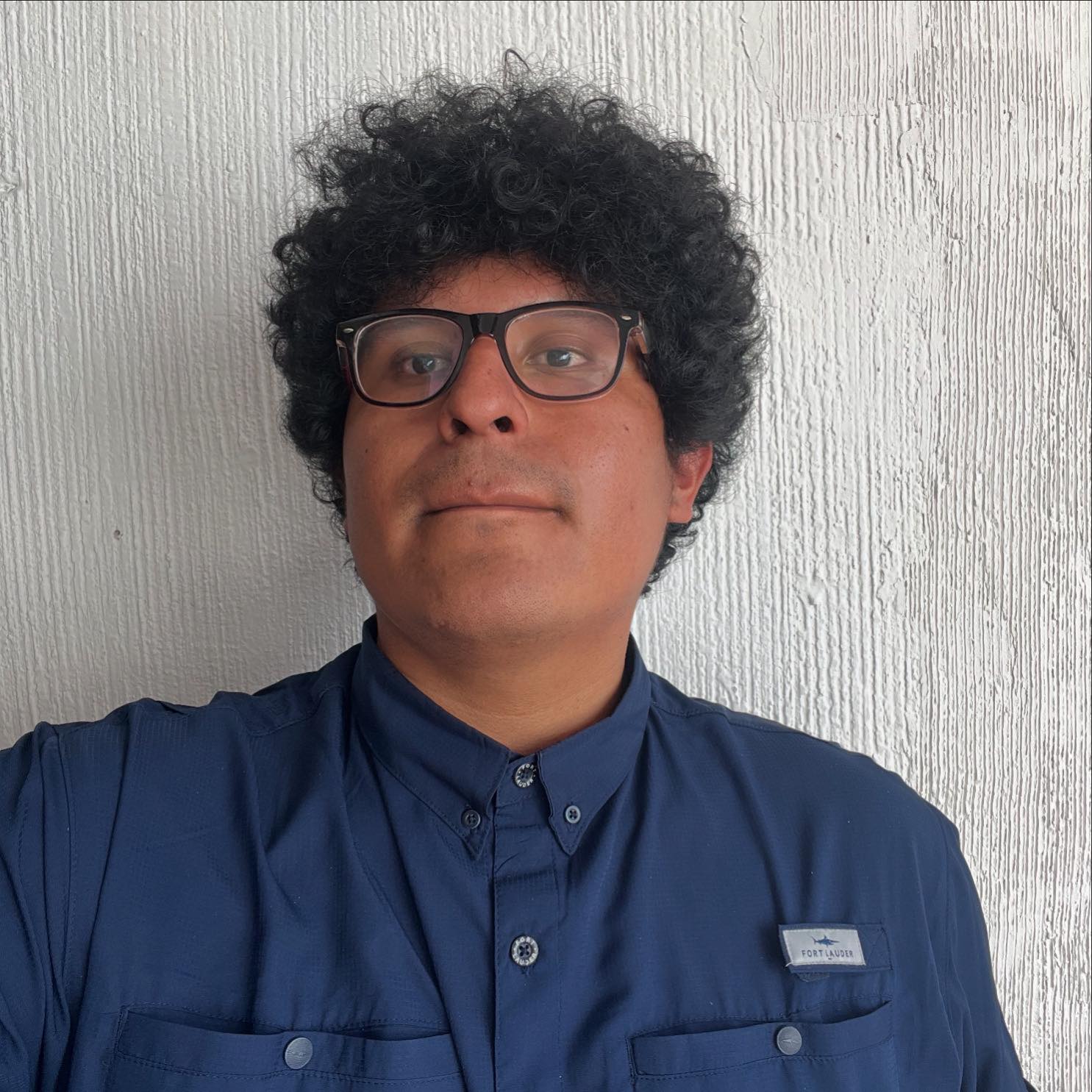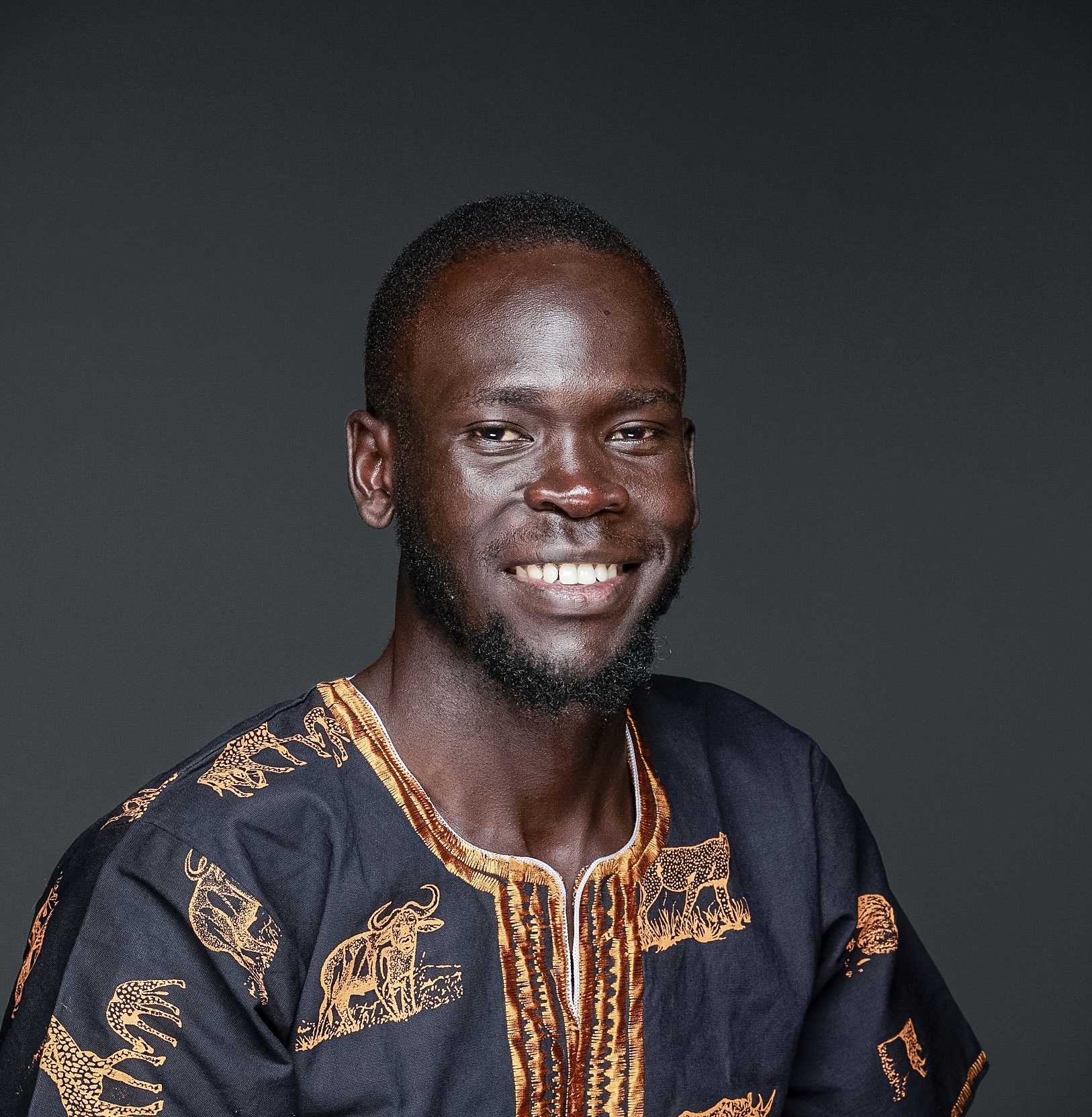09/10/2025
17:30 - 18:15
IUCN Youth Pavilion
, Onsite
Why attend
Participants will learn how natural soundscapes serve as ecological signatures of resilience and biodiversity in protected areas. Participants will also get hands-on exposure to Wildlife Acoustics recorders, with opportunities to take recorders home to document sounds in their own regions.
Session Description
Natural environments, wildlife species, and traditional cultural practices are declining globally due to the expanding human footprint. This decline is accompanied by the loss of both natural and cultural soundscapes. Many of the planet’s most distinctive sounds are now restricted to remote and protected areas. Sounds constitute a universal language of nature that animates ecosystems and fosters human connection to these environments. The proposed session, which will be conducted in English and Spanish, will consist of a workshop incorporating an immersive audio-visual experience, including global soundscapes, spectrogram visualizations, and live demonstrations using Wildlife Acoustics recording devices. This format provides an inclusive approach to engaging with biodiversity and demonstrates the role of sound as both a conservation tool and a medium for connecting people with nature.Organised by
South America Region
Partners
World Commission on Protected Areas
Commission on Education and Communication
RewildED
FONCET
Speaker
Ciencias de la Tierra, IUCN Commission on Education and Communication 2021-2025


